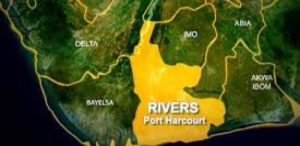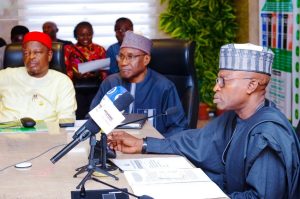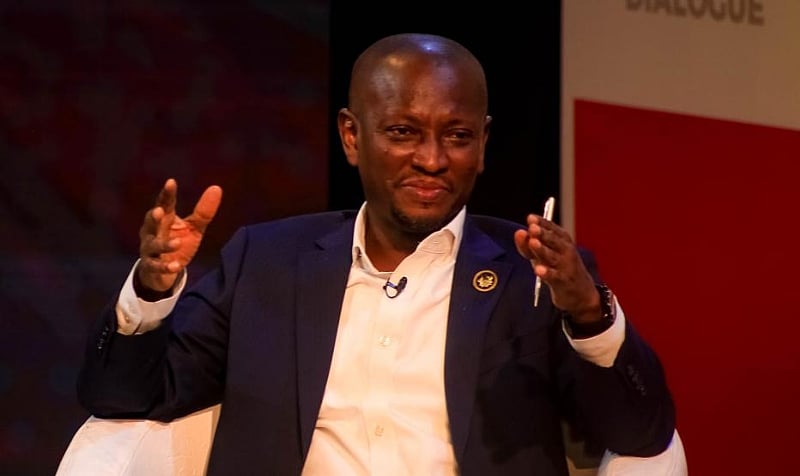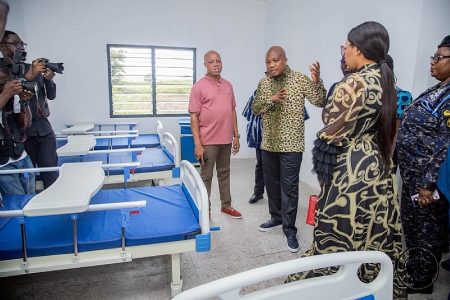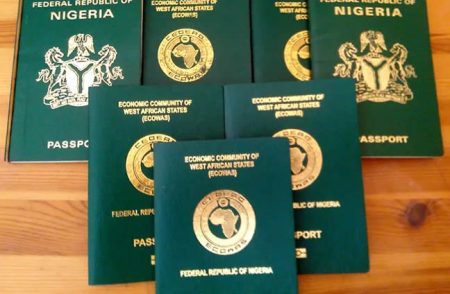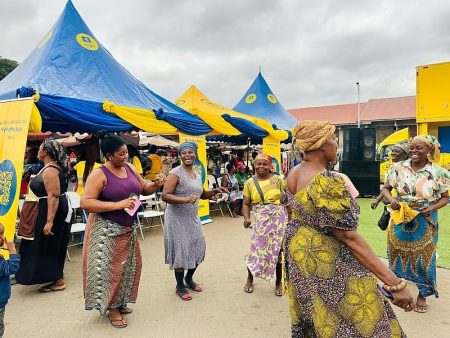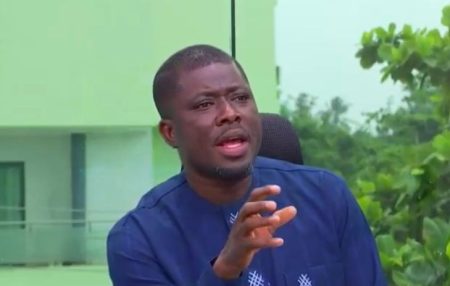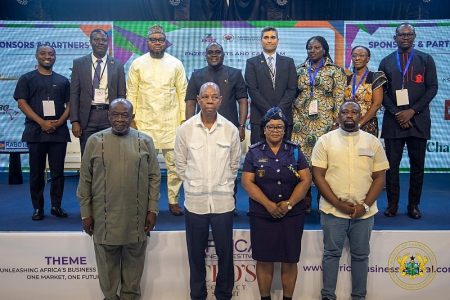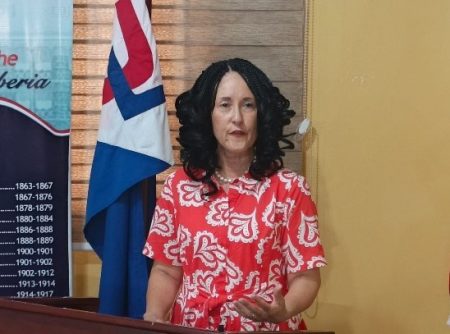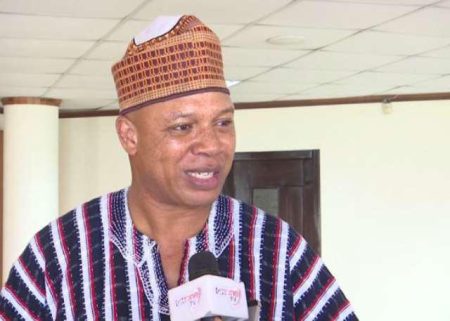The removal of Chief Justice Gertrude Araba Esaaba Torkonoo from her position has sparked controversy and raised concerns about the independence of the judiciary in Ghana. Former Deputy Attorney General and Minister for Justice, Alfred Tuah-Yeboah, expressed his disappointment and apprehension regarding the decision, characterizing it as an “unholy assault” on the judiciary’s autonomy. While acknowledging that he was not entirely surprised by the move, Tuah-Yeboah emphasized the potential for such actions to set a dangerous precedent, potentially emboldening future governments to interfere with the judicial branch. This act, he argued, carries significant implications not only for the immediate future but also for the long-term health and integrity of Ghana’s judicial system.
The decision to remove Chief Justice Torkonoo stemmed from a petition filed by a Ghanaian citizen, Daniel Ofori, alleging “stated misbehaviour” under Article 146(1) of the 1992 Constitution. Following established procedures, a committee was formed to investigate the petition and assess the evidence presented. The committee’s subsequent report, which concluded that the grounds for misbehaviour had been substantiated, led to President John Dramani Mahama’s decision to remove the Chief Justice from office, effective immediately. The removal process adhered to Article 146(9) of the Constitution, which outlines the procedures for removing a Chief Justice.
This case underscores the delicate balance between accountability and independence within the judiciary. While mechanisms for addressing judicial misconduct are necessary to maintain public trust, the process must be transparent, impartial, and free from political influence. The concern raised by Tuah-Yeboah and others is that the removal of Chief Justice Torkonoo could be perceived as politically motivated, potentially undermining the judiciary’s ability to function as a separate and independent branch of government. This perception could erode public confidence in the judicial system, which is essential for maintaining the rule of law and ensuring a fair and just society.
The implications of this decision extend beyond the immediate removal of Chief Justice Torkonoo. It raises questions about the security of tenure for future Chief Justices and the potential chilling effect on judicial decision-making. If judges fear removal based on political considerations, they may be less likely to render impartial judgments, particularly in cases involving the government or powerful individuals. This could create a climate of self-censorship within the judiciary, ultimately undermining the very principles of justice and fairness that it is designed to uphold.
Furthermore, the removal of a Chief Justice based on a citizen’s petition raises questions about the potential for abuse of the process. While citizen engagement in holding public officials accountable is essential, safeguards must be in place to prevent frivolous or politically motivated petitions from being used to undermine the judiciary. The process must be rigorous and transparent to ensure that removals are based on genuine misconduct and not on political expediency.
In conclusion, the removal of Chief Justice Torkonoo has ignited a critical debate about the relationship between the executive and judicial branches of government in Ghana. Concerns about the potential erosion of judicial independence, the chilling effect on judicial decision-making, and the potential for abuse of the removal process must be addressed to ensure the long-term health and integrity of the Ghanaian judicial system. Maintaining a strong and independent judiciary is crucial for upholding the rule of law, protecting fundamental rights, and promoting a just and equitable society. The events surrounding this case will undoubtedly shape the future discourse on judicial independence and accountability in Ghana and serve as a cautionary tale for other democracies. It is imperative that lessons are learned and reforms considered to strengthen the safeguards protecting judicial independence and prevent future occurrences of perceived or actual political interference in the judicial process.



